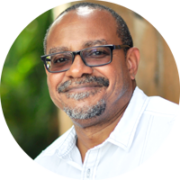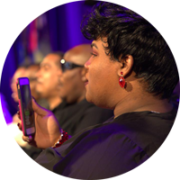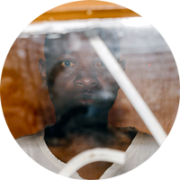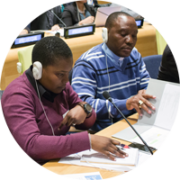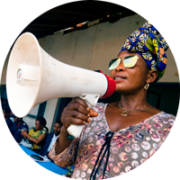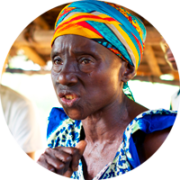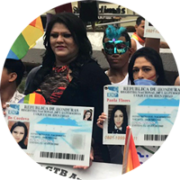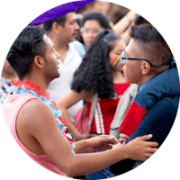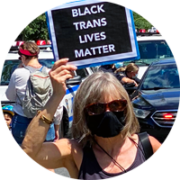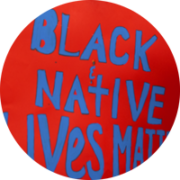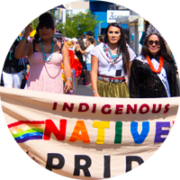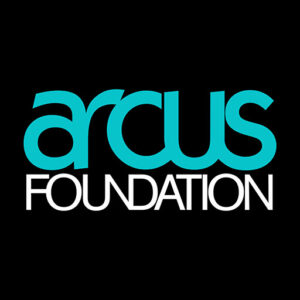The work that my organization does seems pretty straightforward—and unchanged by COVID. We are still building a nation (and planet) that LGBTI+ people can share. Perhaps this is because I am fortunate to organize in a place small enough that you can run into a cabinet minister in the supermarket.
But I’ve always been really wary of rights-claims approaches in LGBTI+ organizing, worried that they are by nature polarizing, guaranteed to create losers when we win. Foremost in our analysis is always the question of how we can sustain any change that we make. Gains that come from courts in London or human rights bodies in New York would not be locally owned, making our freedoms hostage to another form of foreign aggression.
In 2012, I wrote an essay that got some mileage, about “decolonizing sexual citizenship.”1 Its key message was that the best way to propel LGBTI+ liberation in the Global South from positions outside of it is not to try to lead or drive the change, but to discover, listen to, and respect what local movements are doing (often while struggling for resources), and then to get behind the car and push.
Since then I’ve watched the opposite happen. I’ve seen Africa and the Caribbean become the new axis of accountability for national politicians in Canada, the Netherlands, United Kingdom, and United States to their LGBTI+ voters. I’ve witnessed national governments in The Hague, London, Ottawa, and Washington pour millions into organizations in their own countries to do work in the Caribbean, creating a lifesaving funding stream for nonprofits whose relevance and sustainability were being challenged by equal-marriage successes that leave little else to win at home. I’ve watched these well-funded Caribbean initiatives hire the most earnest organizers in the region into attractive positions where they are no longer accountable to domestic movements. I’ve seen so much money go into beachfront hotels and airlines and per diems, for consultants who develop reports and best-practice manuals that have no impact because we’re all still doing this work as overstretched volunteers and don’t have the capacity to implement their marvelous prescriptions.
For many activists, the “trip” has become a currency, brokered by gatekeepers, that along with a per diem takes you to a meeting in a foreign capital or regional resort where you eagerly recite evidence of the narrative that the Caribbean is one of the most homophobic places on earth so they can “document” it in a report. You come back home with new sexual experiences and consumer goods. And sometimes a tourist visa to keep in your back pocket in case you decide later on to claim asylum.
I don’t want the money, though. Or even think it’s best placed in domestic NGOs like mine. But if a British prime minister genuinely wanted to make amends for colonialism’s debt of homophobia, besides offering debt forgiveness to the old realms, shouldn’t they best invest in state structures that are leading the charge of undoing that homophobia, in often brave and risk-taking ways? These are typically not government bodies, but ones like the following: my Equal Opportunity Commission which repeatedly advocates for legal authority to adjudicate discrimination claims based on SOGI+, filed an amicus brief in a decriminalization challenge before the courts, and is working with us and the chamber of commerce on a model SOGI+ workplace policy; the Judicial Education Institute that has trained judges on implicit bias and developed gender-equality protocols for the courts; the police service’s Gender-Based Violence Unit, which the commissioner insists must serve victims in same-sex relationships, with its Training Academy, poised to add SOGI+ issues to its pre-service curriculum; the national security ministry’s HIV coordinator, whose office has consistently investigated claims of misbehavior we’ve lodged, sometimes with an invitation to train; or even the labor ministry that communicates bluntly that its sexual-harassment policy applies to relationships between people of the same sex. Technical partnerships are often as fruitful as money. Even more valuable is giving the trips to mid-level bureaucrats who then find new value in championing SOGI+.
I’ve argued that because we are so often spoken for and imagined as superlatively homophobic, our ability in Caribbean LGBTI+ movements to imagine for ourselves has shriveled up.2 But only we can undo that. I would argue that what LGBTI+ movements in the Caribbean lack most critically is infrastructure—capacity to convert our ideas and innovations into action, and then to measure their impact. Money builds that infrastructure; it convinces people with talent to make social change their livelihood.
One of the things I’m most passionate about these days is how smaller nonprofits (and not just queer ones) create affordable management infrastructure by sharing it; how we could all have strong financial and monitoring & evaluation capacity if donors invested in mechanisms that provided these services affordably and with quality for groups of organizations.
CAISO has always resisted what’s fashionable in the international LGBTI+ movement. That position has sometimes been costly, and disappointed our dreams for regional solidarity. But we’re excited that economic precarity is becoming more broadly embraced as an LGBTI+ concern. While we don’t imagine much will change in our own mission in the wake of COVID—or the seeming breakthrough that George Floyd’s Minneapolis killing appears to mark for the cumulative work of the Black Lives Matter movement—I do hope that both have had a real impact on everyone’s capacity to imagine justice and enabled us all to envision ourselves set on a different course (to futures other than the ones we had assumed before now that we had been dealt by history), thrown off the treadmill we thought we were on, and diverted from the sure path to hell.
Things we could not imagine changing before, now we can. ▅
1. Robinson, Colin. (2012). Decolonising sexual citizenship: who will effect change in the south of the Commonwealth? Commonwealth Opinion.
2. Pride, vulgarity and imagination (pp. 214-219), in M. Anderson & E.C. MacLeod (Eds.), Beyond Homophobia: Centring LGBTQ experiences in the Anglophone Caribbean, UWI Press, 2020.
Colin Robinson
Director of Imagination
CAISO: Sex & Gender Justice in Trinidad & Tobago
Over 40 years he has held leadership and governance roles with, among other groups, the Association of Civil Society Organisations of Trinidad & Tobago, Audre Lorde Project, Caribbean Pride, CariFLAGS, GMHC, Trinidad & Tobago Ministry of Labour HIV Advocacy & Sustainability Centre, New York State Black Gay Network, and OutRight Action International and PANCAP.

